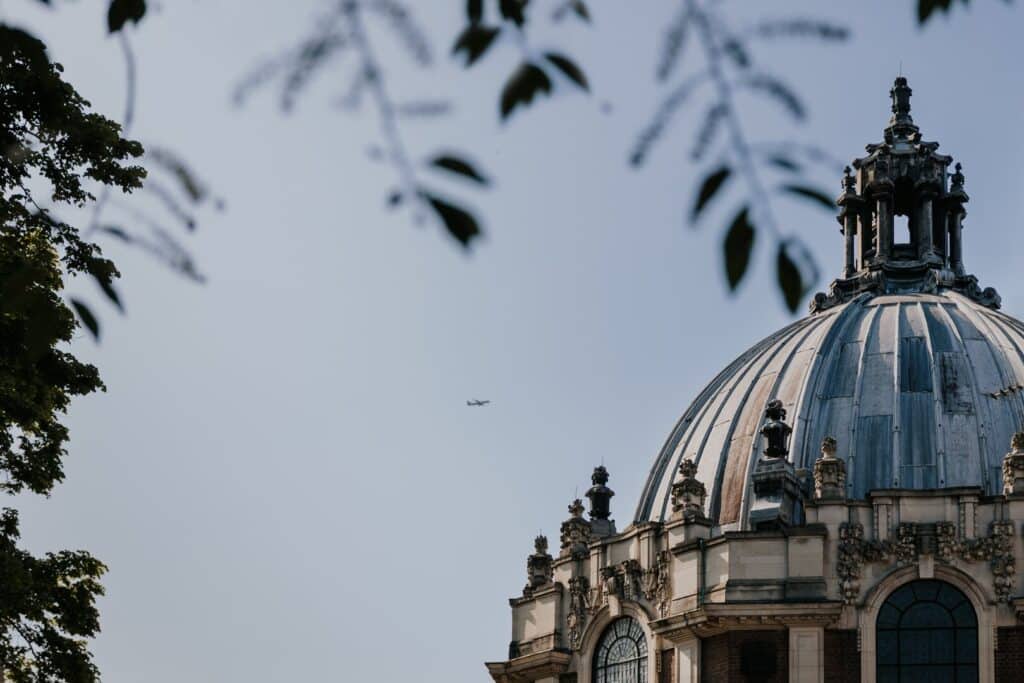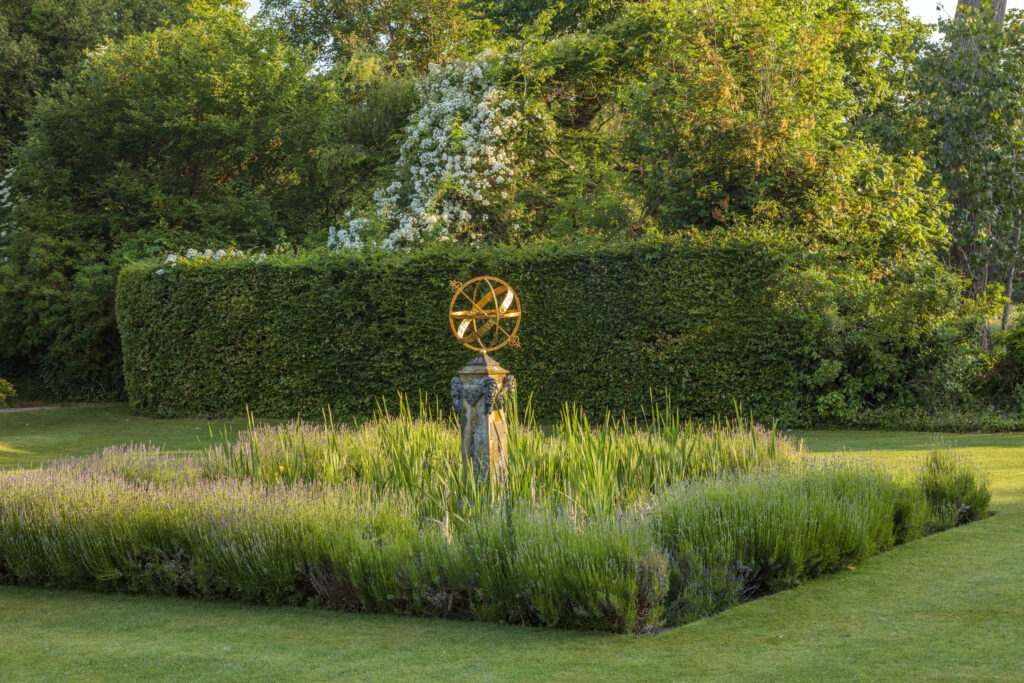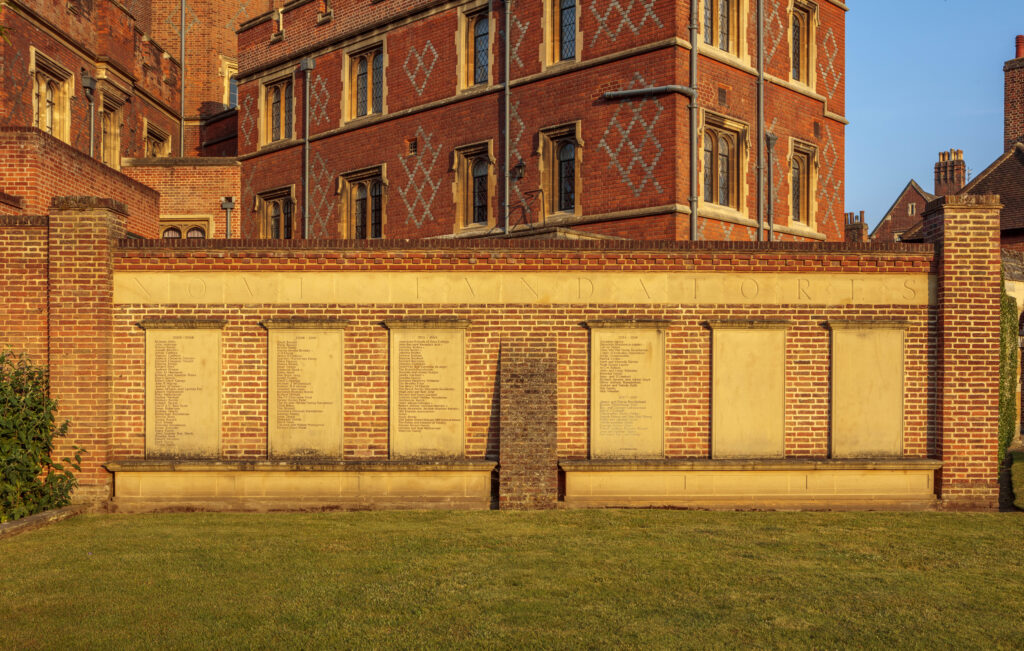Over the centuries, legacies and bequests have played a vital role in Eton’s success. A gift in your will is a wonderful way to recognise the role Eton has played in your life, and to help future Etonians. The Henry VI Society was established as a way of saying ‘thank you’ to those who have made provisions for Eton in their wills. The Society holds special events at Eton during the course of the year to enable members and their wives, family members and friends to keep in touch with one another and the College. Members have enjoyed lunches, private lectures given by notable speakers, and a Carol Service at Christmas in College Chapel.
Mark Pignatelli’s Legacy
At the time of writing, I have three and a half daughters –– with my wife being heavily pregnant with a girl – so in the absence of a son any “direct” link with Eton would appear to be over. Yet, I still feel a strong desire to make a lasting contribution to the School. Why? Plenty of reasons really.
This diversity will ensure that Eton remains relevant in the decades to come.
First, an Eton education is unique: Halves, 6am summer lessons, the bumping fours, beaks, tap, stick-ups, corps camp, and even the Field Game –– apologies, cricket was not for me. Also, because of the great friendships forged by being treated as young adults from that first September day.
This all may seem a bit rose-tinted, but life at Eton has a robust underbelly; it champions success in whatever form that may take, which leads me to my second point. Eton helped me gain a foothold in a financially orientated world, no doubt about it. If I calculated the benefit in an entirely mercenary way, my legacy gift ought to be many times greater.
Third, Eton has invested in itself: our freezing cold outdoor pool was replaced by a modern indoor one, opened by the Queen Mother during my C Block. Today’s tennis facilities are unrecognisable from the days of our talented amateurs, and so on. Eton is constantly upgrading its infrastructure but that all costs money.
Fourth, and hugely important to me from a legacy perspective, is that Eton is moving with the times, yet without losing its identity. Ours was the first yearly intake falling below 50%, as measured by fathers who were OEs. The figure –– somewhat more loosely defined –– is now around 25%. That’s excellent, but at the same time Eton has become much more broadly-based in its student intake.
This diversity will ensure that Eton remains relevant in the decades to come and doesn’t simply bask in the glory of an unprecedented ‘Nineteen Prime Ministers’. So a legacy, for me, is the perfect way to say ‘thank you’ for the past and ‘good luck’ for the future.
Mark Pignatelli (JWR 83)



